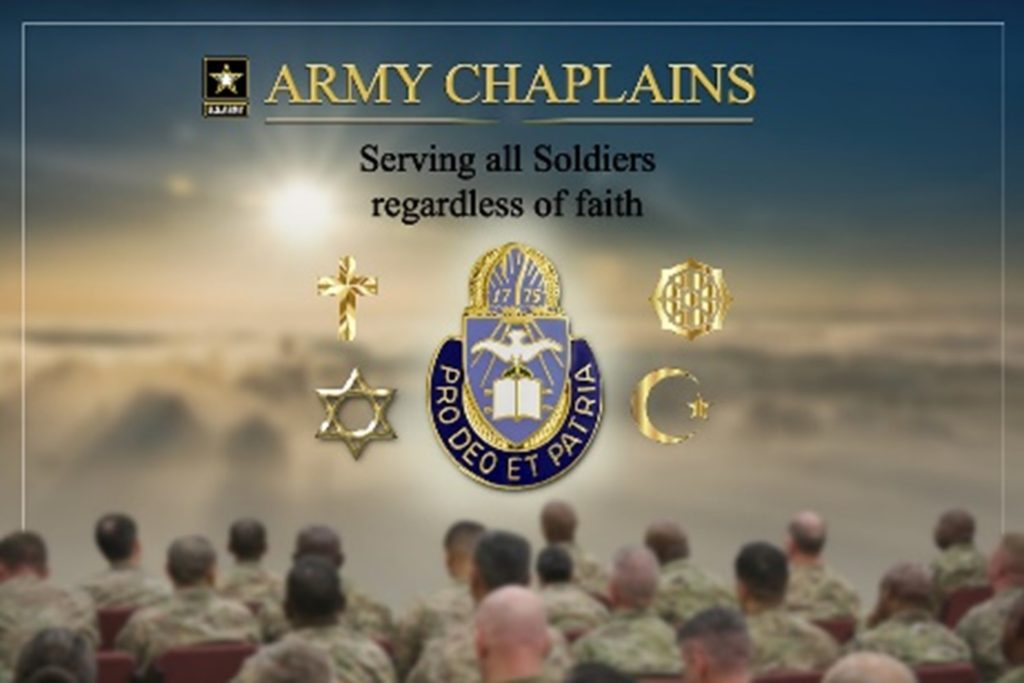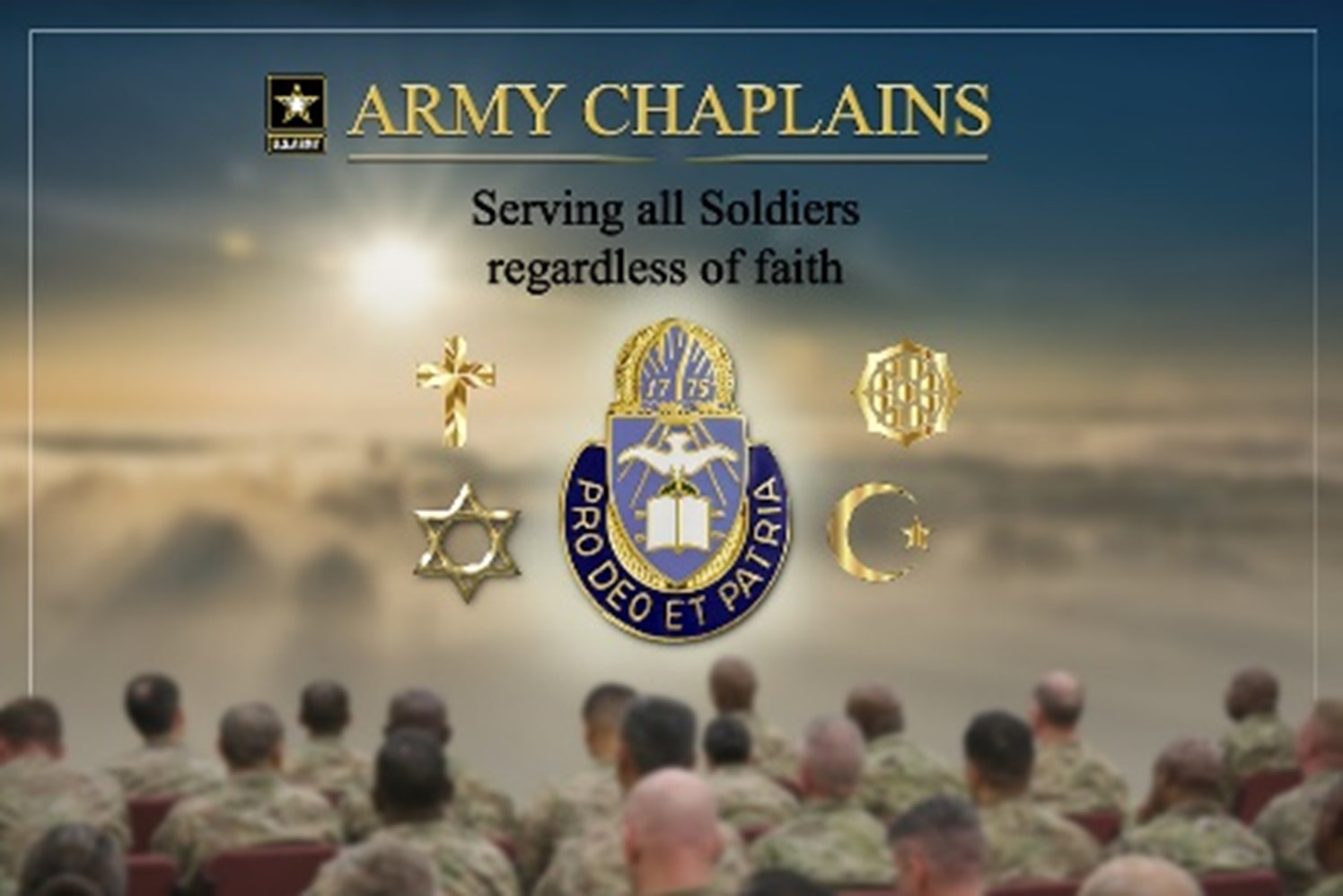
Army Chaplain Corps: Celebrating a Legacy of Service to Soldiers
The Army Chaplain Corps is commemorating a significant milestone this year as it celebrates its anniversary. For centuries, military chaplains have played a crucial role in providing spiritual support and guidance to soldiers, ensuring their well-being and helping them find solace in the face of adversity. This anniversary is a testament to the Corps’ rich history and unwavering dedication to serving the men and women in uniform.
The origins of the Army Chaplain Corps can be traced back to the Continental Army during the American Revolutionary War. Recognizing the need for religious support within the ranks, General George Washington approved the appointment of chaplains in 1775. Since then, the Corps has evolved and adapted to meet the changing needs of the Army and its diverse servicemembers.
Throughout history, military chaplains have stood shoulder to shoulder with soldiers, providing spiritual guidance, conducting religious services, and offering counseling and support during times of crisis. They have been a source of comfort in the midst of war, offering prayers, conducting memorial services, and providing a listening ear to those grappling with the emotional toll of combat. Their presence has often served as a reminder that soldiers are not alone in their struggles and that their spiritual well-being is valued and prioritized.
The anniversary celebration of the Army Chaplain Corps is not only an opportunity to reflect on its rich history but also to acknowledge the invaluable contributions of military chaplains in contemporary conflicts. From the battlefields of World War I and World War II to the conflicts in Korea, Vietnam, and the Middle East, chaplains have been a constant source of strength, hope, and compassion for soldiers facing unimaginable challenges.
In addition to their spiritual duties, military chaplains also play a vital role in promoting religious tolerance and ensuring the free exercise of religion within the military. They provide support to soldiers of various faiths, respecting their beliefs and facilitating religious services and observances. This commitment to religious freedom and inclusivity reflects the Corps’ dedication to upholding the values upon which the nation was founded.
The Army Chaplain Corps has adapted to the changing needs of the Army over the years. Today, chaplains serve in diverse roles, providing counsel not only to soldiers but also to their families. They offer guidance on moral and ethical issues, assist in times of personal crisis, and foster a sense of community and belonging within military units. Their presence brings a sense of comfort and stability to soldiers, even in the most challenging of circumstances.
As the anniversary celebration unfolds, it is important to recognize the sacrifices made by military chaplains. They often work under challenging conditions, far from their own families, and sometimes at personal risk. Their commitment to service and their unwavering dedication to soldiers exemplify the values of honor, courage, and selflessness.
The Army Chaplain Corps anniversary serves as a reminder of the Corps’ enduring legacy and the vital role it continues to play in the lives of soldiers. It is an occasion to express gratitude for the spiritual support, guidance, and compassion provided by military chaplains. Their unwavering commitment to the well-being of soldiers has made an indelible impact on the lives of countless servicemembers throughout history.
As we celebrate the anniversary of the Army Chaplain Corps, let us honor and recognize the profound contributions of military chaplains. Their service embodies the spirit of unity, compassion, and faith that remains a cornerstone of the military community. May their legacy continue to inspire future generations of chaplains, ensuring that soldiers will always have a steadfast source of support and solace in their time of need.
